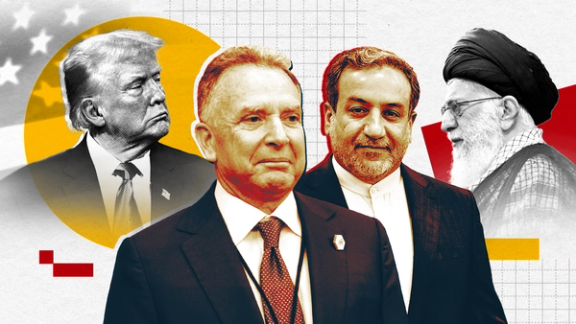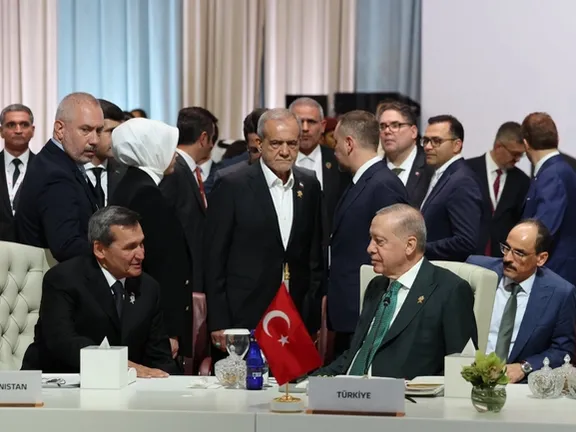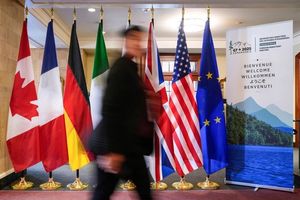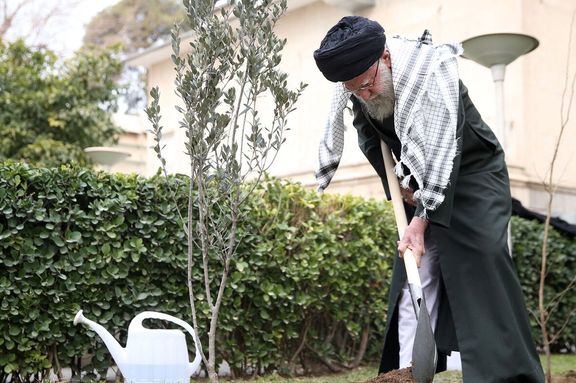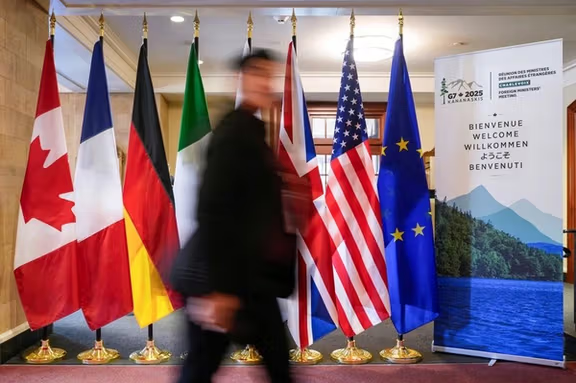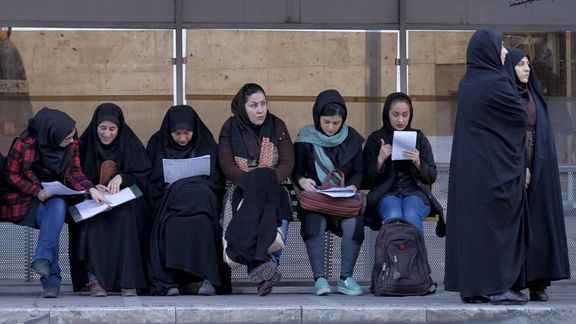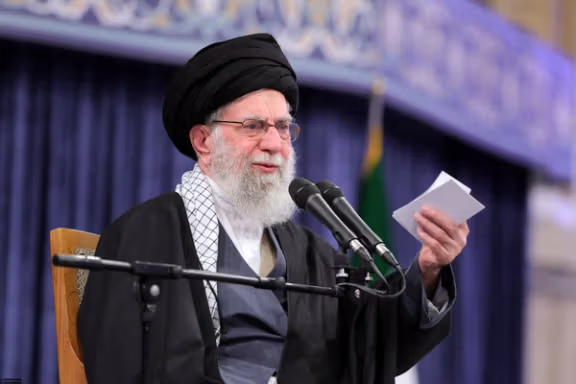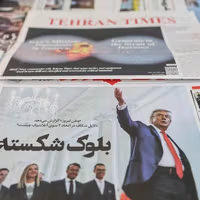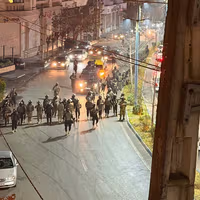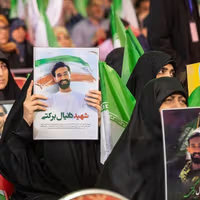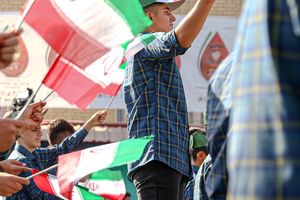By calling negotiations with the United States “pointless” and “harmful,” the 86-year-old theocrat closed the door in advance, after which Pezeshkian delivered one of the harshest speeches of his career on the UN rostrum.
The choreography left no doubt: foreign policy remains Khamenei’s domain, and presidents, however reform-minded are confined to carrying out his script.
Since taking power in 1989, Khamenei has built a structure designed to withstand shocks. He has consolidated control over the military, judiciary and intelligence services, silenced dissent before it could spread, and constructed a security state that has absorbed everything from economic collapse to mass protest.
Khamenei’s doctrine is simple: so long as no foreign power places “boots on the ground” in Tehran, the Islamic Republic can survive.
Regimes in neighboring Iraq and Afghanistan collapsed only when foreign armies physically invaded. Iran’s ruler wagers that Israel lacks the capacity — and Washington the will — to do the same in Iran.
Weapon of time
Airstrikes, sabotage and cyberattacks may wound the system, but the Islamic Republic has bunkers intelligence tools designed to outlast them. This is the logic of endurance: time, not compromise, is Tehran’s strongest weapon.
Yet the June war with Israel revealed how fragile that calculation may be. Precision strikes and AI-driven targeting allowed Israel to decapitate Iranian command structures in hours.
For the first time, senior officers rather than foot soldiers became the primary casualties, along with hundreds of civilians. In such a war, no bunker guarantees safety.
Khamenei’s confidence is shaped not only by military assumptions but also by diplomacy.
One formative lesson came in 1997, when a German court found Iran responsible for the assassinations of three dissidents in a Berlin restaurant. European states briefly withdrew their ambassadors in protest, only to quietly return them months later.
For Khamenei, this was proof that Europe’s resolve is fleeting, its economic and political interests overriding its outrage. He has leaned on that lesson ever since.
Sanctions, what sanctions?
Even now, as the snapback mechanism is reactivated, he assumes enforcement will fray. He expects Europe’s divisions and Washington’s caution to leave loopholes that allow Iran to keep exporting oil, especially to China and India, at discounted rates.
Sanctions, in the octogenarian’s view, are never airtight. They are survivable obstacles, not existential threats.
Khamenei’s rhetoric serves multiple aims: it projects deterrence abroad by drawing red lines; reassures loyalists at home by projecting strength; frames any Western retreat as weakness; and, above all, buys time.
The longer Iran resists, the thinking goes, the more likely international resolve will weaken—as it has before.
But the strategy is not without risk.
Internal unrest can erupt faster and wider this time. Sanctions may dig deeper into the economy, hollowing out the state’s support base. Warfare itself has changed in ways that undercut the assumption that endurance alone ensures survival.
Khamenei continues to rely on the playbook that has carried him through three decades: repression at home, resilience abroad and a conviction that the West will ultimately step back.
The gamble is that history will repeat itself. The danger is that this time, it may not.
